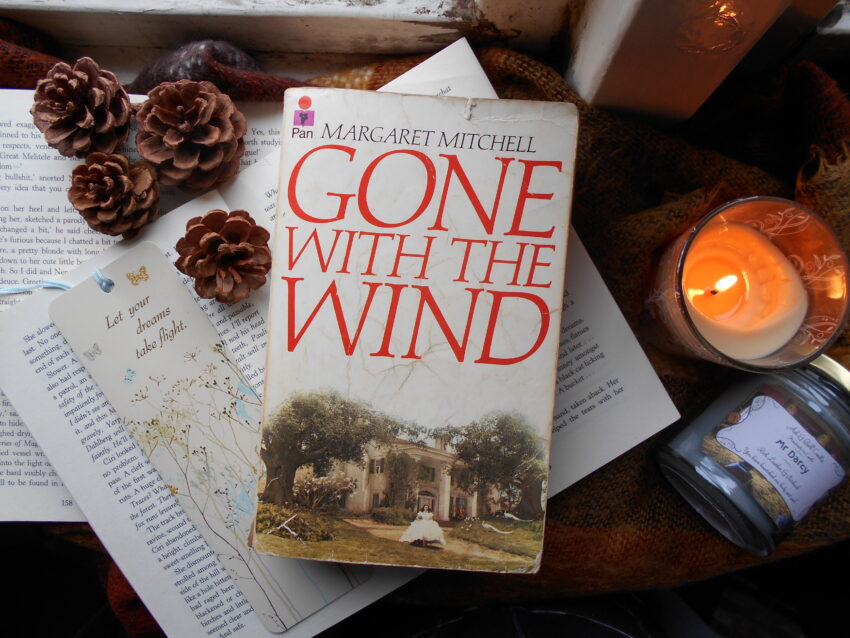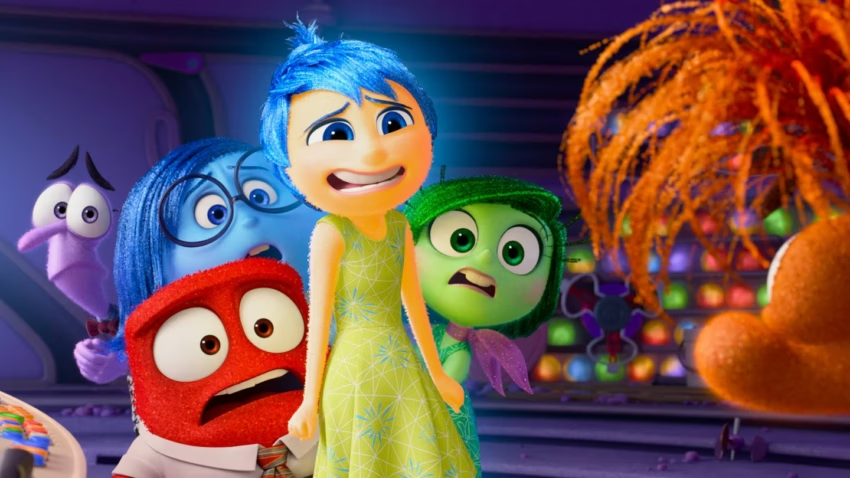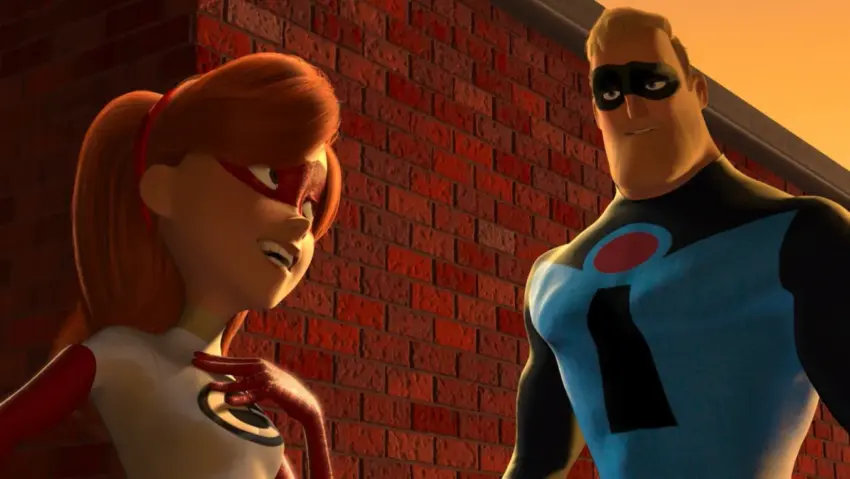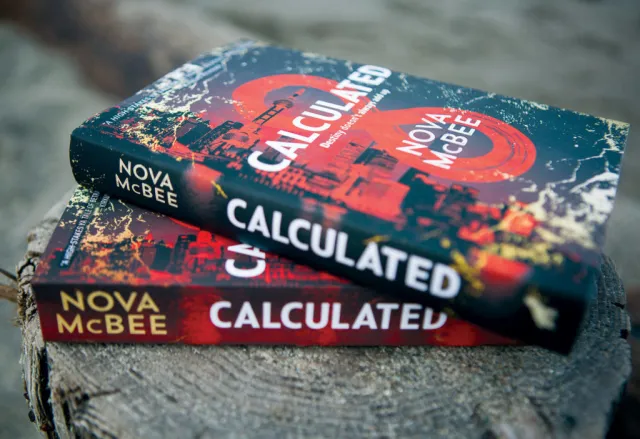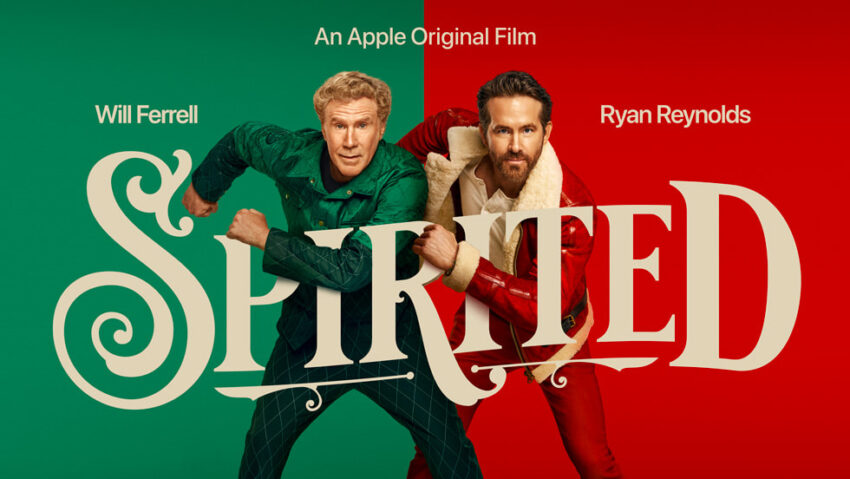Almost every reader has been there before: You pick up a fresh book, ready to jump into a brand new world, and are immediately greeted by twelve different main characters. Sometimes they all live in the same neighborhood, but other times they all live in separate countries and each tell a different story from their…
Category: Articles
Gone With the Wind: How to Make Every Scene Feel Necessary
Many people get stuck on their novel during the editing stage. Some writers get too overwhelmed by the amount of critique they’ve received from their friends or an editor, while others simply lose interest or time for their story. Editing is a vital process when it comes to writing of any kind, but sadly, only…
Inside Out 2: Answering Your Reader’s Questions
Every single premise comes with a set of questions — it’s just the nature of storytelling. The very concept of a new world or new characters or new conflict comes with certain elements of wonder and curiosity. And on the one hand, those questions work to our advantage as writers. It’s our readers’ curiosity that…
Avatar: The Last Airbender: Why Zuko Become Firelord (And Not Iroh)
If you’ve spent almost any time at all in the Avatar fandom, you’ve probably come across the question, “why did Zuko become firelord instead of Iroh?” Iroh, the wise old sage of the series, never fails to bring broadly-applicable wisdom to every situation, pushing characters into just the right position so that they can grow…
The Incredibles: Romantic Conflict, Done Well
A lot of stories — from historical novels to science fiction series and everything in between — deal with romantic drama. It’s simply too easy to have your main love interests fall in love right off the bat with no obstacles or challenges. Any good storyteller knows that conflict generates interest in your story, and…
Calculated: How to Write a Romantic Subplot
Romance is the best-selling literary genre in the world. Despite there being thousands of books out there in this genre, people are constantly clamoring for more of them. And whether romance is driving the main plot of a story or simply featured through a character’s loving parental figures, it is almost inescapable. Every author, every…
Mara, Daughter of the Nile: Writing with Timeless Prose
In my experience, it’s pretty easy to guess the era a book is from. Whether it’s a Victorian classic or a modern YA adventure, a lot of times you don’t have to look at the copyright page to tell around what date it was written and published. For a lot of works, their time period…
Spirited: Don’t be Unique, Be Original
There is a particularly thin line writers have to walk when venturing into the publishing industry. On one hand, their story has to fit into a genre. Writers have to come up with comp. titles and a trope list and all sorts of other materials to convince a publisher (or sometimes, their audience directly) that…
Stranger Things: The Power of an Immersive World
We’ve written a lot about what makes emotional scenes hit home, especially tragic ones. We had a whole series on it this summer, and both Sophia and I have individually written about techniques you can use to make character deaths hit home. But there’s one concept we haven’t had the chance to explore yet, and…
Epic: Breaking Your Promises and Subverting Expectations
Subverting expectations is a really powerful tool you can use as a writer. Whether that’s in the form of a plot twist or just a genre-defying trope, it’s one of the fastest ways to generate variety and interest in your story. Whenever your reader thinks they know where the story is headed… you switch it…


